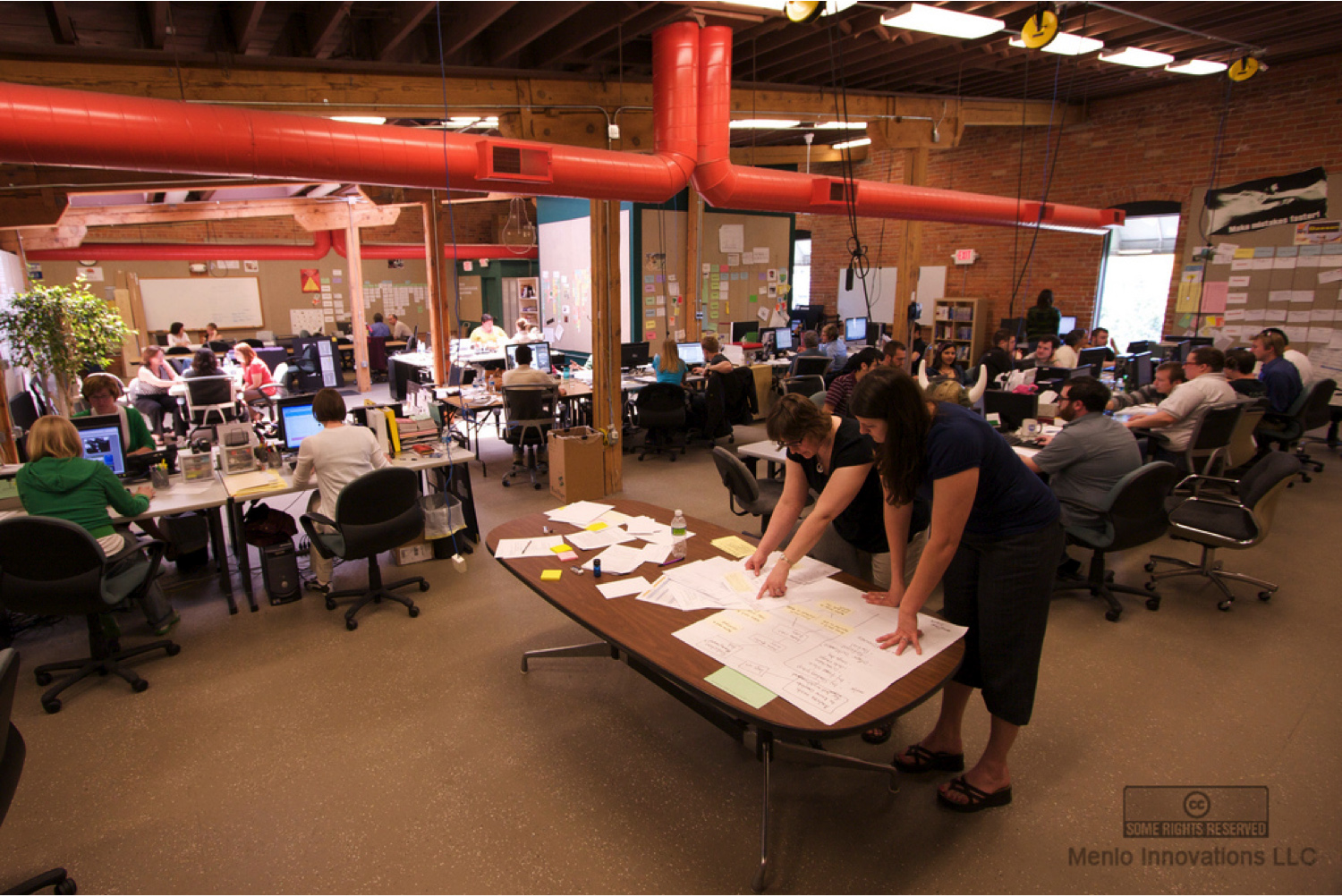The Harvard Business Review recently published an article that gets to the heart of why workers thrive in coworking spaces. The ongoing research touches on a topic of which many of us are already familiar: coworking. It is well known that the movement has gained significant popularity due to a sense of community and a relaxed work environment, but the recent study aims to go deeper into why exactly people seem to do much better socially and professionally in the coworking environment.
For this latest piece, HBR interviewed a handful of coworking space founders and community managers, as well as surveyed several hundred workers spread out across dozens of spaces throughout the United States.
Where do coworkers find their meaning?
Coworkers, as opposed to employees working in traditional offices, are often much more satisfied and find their work meaningful. This feeling of fulfillment in the workplace is derived from the fact that coworkers are able to“bring their whole selves to work”.
For starters, most coworkers both novice or experienced, tend to appreciate that they have the ability to choose which projects they would like to take on. A greater degree of autonomy allows workers to accept projects not solely based on the paycheck, but also because it gives them the opportunity to increase their network and acquire valuable skills and knowledge.
Take this professional independence and combine it with like-minded individuals, and the result will often be a productive and happy community, much like those found in coworking spaces.
Workers don’t just want to be more social, they need to be
There is a strong argument supporting the fact that individuals are more productive and satisfied when surrounded by a supportive community and the traditional office space has failed to consider our natural need for socialization and communication.
Thus, the emergence of coworking is in many ways an answer to our desire to be closer to our peers, both emotionally and professionally. As the majority of members in coworking spaces are often not professionally linked, they lose the sense that they are competing with their office mates, which promotes communication and collaboration.
As more and more spaces adopt the coworking model, employees look back at their former cubicles like an animal that has finally been let out into the wild. In other words, many workers have little to no desire to go back, and movements like the Coworking Manifesto are proof that today’s workers have a new set of standards when it comes to the workplace. These new expectations often include the need for transparency, collaboration, knowledge, and sustainability. HBR’s researchers suggest that “in many cases, it’s not simply the case that a person is going to work; they’re also part of a social movement.”
Coworking is starting to extend beyond coworking spaces
The Harvard Business Review also makes note that an increasing amount of employees from large enterprises are also joining coworking spaces. Grind in NYC and Co-merge are examples of spaces that have seen an influx in members who are coming from the more traditional employment sector. But It’s also not just the workers, the companies themselves are also looking to coworking spaces for inspiration, especially when it comes to space design and community engagement. Menlo Innovations expanded their office space by 7,000 sq ft. (650 sq meters) to make room for start-ups and entrepreneurs who will “work alongside Menlo programmers to spur community and innovation”.
While these workplace changes are often an improvement from the standard office space, it is important for these larger companies to understand that simply adding a café or communal spaces won’t immediately create a thriving workspace. Before making changes, traditional enterprises must observe and understand what changes in the workplace would improve employee well-being and build-up the space around their needs.
Overall, “the combination of a well-designed work environment and a well-curated work experience are part of the reason that people who cowork demonstrate higher levels of thriving than their office-based counterparts”.
This topic will be at the heart of the upcoming Social Workplace conference.
Read the full article at The Harvard Business Review




0 Comments